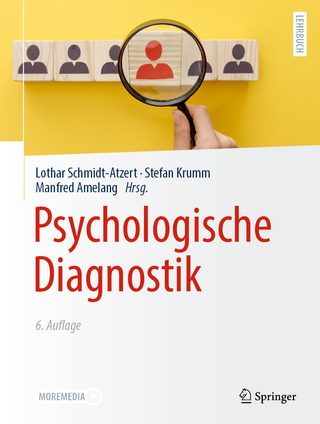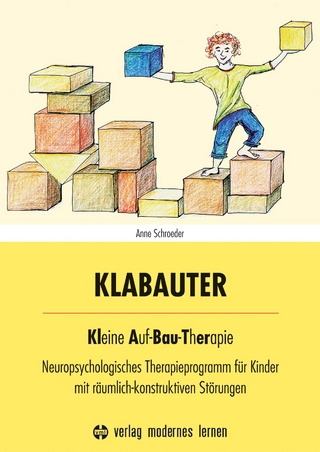
An Introduction to Artificial Psychology
Springer International Publishing (Verlag)
978-3-031-31174-1 (ISBN)
Hojjatollah Farahani is Assistant Professor at the Tarbiat Modares University (TMU), Iran. He received his Ph.D. from Isfahan University in 2009, and he was a postdoctoral researcher in Fuzzy inference at the Victoria University in Australia (2014-2015), where he started working on Fuzzy Cognitive Maps (FCMs) under supervision of professor Yuan Miao. He is the author or co-author of more than 150 research papers and a reviewer in numerous scientific journals. He has supervised and advised many theses and dissertations in psychological sciences. His research interests and directions include psychometrics, advanced behavioral statistics, fuzzy psychology, artificial intelligence and machine learning algorithms in psychology.
Marija Blagojevic is Associate Professor at the Faculty of Technical Sciences Cacak, University of Kragujevac, Serbia, at the Department of Information technology. Born in 1984, she obtained her MSc degree in 2007 and PhD degree in technical sciences in 2014. Her current research interests include data mining, artificial neural networks, e-learning, programming, etc. With fifteen years of experience in teaching and research activities, she is the author or co-author of more than 80 research papers, patents, technical solutions and a reviewer in numerous scientific journals. She is also a reviewer of projects and study programs and a member of partner universities for Tempus and Erasmus projects. She was a member of the organizational and scientific committees of several conferences and a member of the Commission for self-evaluation at the faculty. She was project coordinator for one innovative project in the domain of technology transfer.
Parviz Azadfallah has a PhD in Health Psychology and became qualified in several international academic courses in Neuropsychology and Psychodynamic Psychotherapies. He started his scientific activity at the Psychology Department of Tarbiat Modares University (TMU), Iran in 1999. He conducted many research projects and supervised 45 PhD theses and more than 50 Master dissertations from 1999 to 2023. He is the author or co-author of more than 250 research papers. He is also the author of some books, and his last book, Embodied Ego, uses a developmental approach to explain mind-body integration. He founded the Neuropsychology Laboratory of TMU in 2017. He is also a member of the Cognitive Neuroscience Department at TMU since 2019. Most of his research projects are based on experimental designs. On the other hand, he conducted many projects with the aim of knowledge construction through fundamental qualitative and culture-bound studies.
Peter Watson holds three degrees in Mathematical Statistics including a PhD (Manchester). He has been providing statistical support in various ways to the research at CBSU, the Cognition and Brain Sciences Unit in Cambridge, England (and its predecessor, the Applied Psychology Unit) since 1994 (and prior to that fulfilling a similar role at the MRC Age and Cognitive Performance ResearchC
Introduction
Chapter 1: After Method.- Chapter 2: Overview on Mathematical Basis of Fuzzy Set Theory. - Chapter 3: Fuzzy Inference Systems (FIS) .- Chapter 4: Fuzzy Cognitive Maps(FCM).- Chapter 5: Network analysis .- Chapter 6: Association Rules Mining and Associative Classification .- Chapter 7: Artificial Neural Network .- Chapter 8: Feature Selection.- Chapter 9: Cluster analysis.
| Erscheinungsdatum | 22.05.2024 |
|---|---|
| Zusatzinfo | XX, 252 p. 158 illus., 150 illus. in color. |
| Verlagsort | Cham |
| Sprache | englisch |
| Maße | 155 x 235 mm |
| Themenwelt | Geisteswissenschaften ► Psychologie |
| Schlagworte | Artificial Intelligence • Artificial Neural Networks • cluster analysis • Cognitive Psychology • cognitive science • Feature Selection • Fuzzy cognitive maps • Fuzzy psychology • machine learning • Psycho-network analysis |
| ISBN-10 | 3-031-31174-4 / 3031311744 |
| ISBN-13 | 978-3-031-31174-1 / 9783031311741 |
| Zustand | Neuware |
| Haben Sie eine Frage zum Produkt? |
aus dem Bereich


